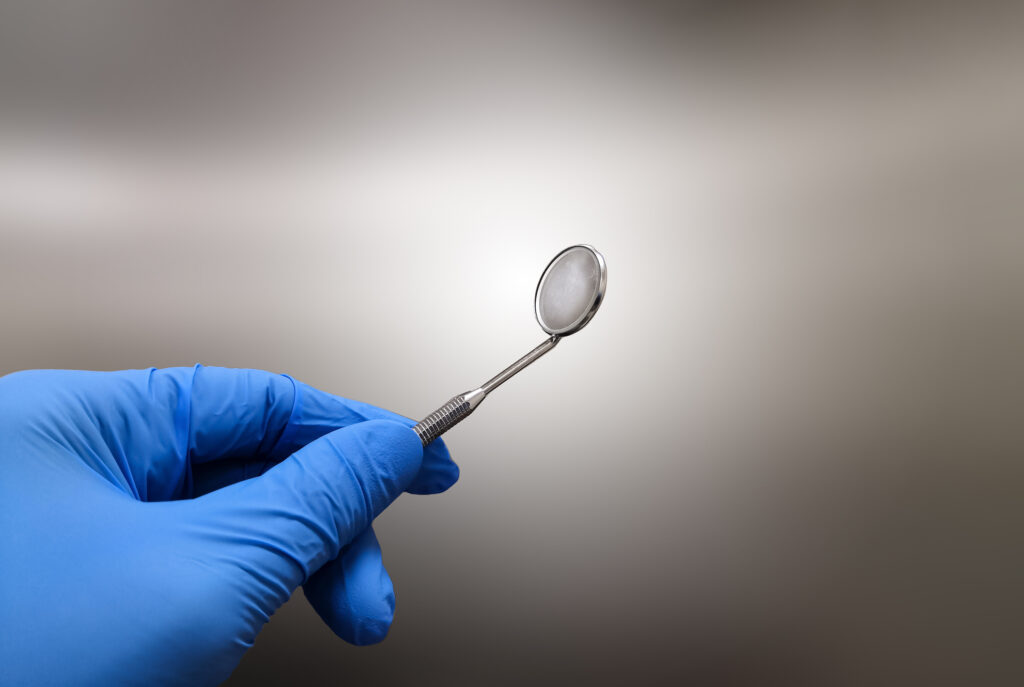The rapid succession of announcements on NHS dentistry from the political parties in early 2024 points to two things. First, the parlous state the dental service is in (why else such frenzied announcements?) and second, the salience of the issue for huge numbers of voters. Nothing like a looming election to galvanise politicians into action.
The shrinking availability of public dental services is undoubtedly a ticking political time bomb. It gets ‘cut through’ on the doorstep like few other domestic concerns. Hence, the flurry of activity should come as no surprise.
The million-dollar question is, will any of these ‘rescue plans’ make a difference? Will they address the long-term problems at the heart of the crisis in dental services? Or, like previous sticking plaster remedies, will they miss the root cause altogether?
The Government announced its latest plan to ‘recover and reform NHS dentistry’ earlier this month. There are three main elements: paying ‘significant incentives’ and ‘golden hellos’ to dentists to provide more NHS care; the roll out of mobile dental vans to take dentists into isolated under-served communities; and allowing dentists from overseas to work in the UK without having to take an exam.


The plan has a whiff of panic about it and, indeed, the profession was quick to criticise: “Ministers need to stop trying to fill a leaky bucket and actually fix it”, responded British Dental Association chairman, Eddie Crouch.
The leaky bucket in question is the broken NHS dental contract. The current system, based on pre-set payment rates for Units of Dental Care (UDAs), has the effect of disincentivizing NHS dental work in preference for more lucrative private work. Successive Public Health ministers have promised reform but delivered only tweaks. Sadly, this latest announcement looks like more of the same.
It will do little to address the core of the problem, which is a dental contract that rewards high value repair work over lower reward prevention. This perverse incentive makes NHS work economically unviable for the vast majority of dental surgeries. As Eddie Crouch puts it: “Overseas dentists are no more likely to stick with a failed system than their UK colleagues”.
The political salience of the issue is not lost on the Labour Party either. Launching his party’s ‘Child Health Action Plan’ in January, Sir Kier Starmer promised 700,000 extra dental appointments a year and supervised toothbrushing for three-to-five year-olds in school breakfast clubs. “We want the next generation to be chasing their dreams, not a dentist appointment”, he added.
We are yet to see the detail of Labour’s plans, but the truth is they are unlikely to go beyond the current Government’s in any significant way. There is, therefore, one area of consensus between the parties for which we should be grateful: a renewed focus on prevention that should, in the long run, lessen the need for emergency care and alleviate the pressures on the system.
The Government’s ‘Smile for Life’ plan aims to embed good oral health habits in early years and our most deprived communities. “We will support parents to protect the oral health of babies and children, reducing the number of children having to go into hospital”, pledged Health Secretary, Victoria Atkins. Her plans include preventative fluoride varnish treatments for kids in under-served areas and expanded water fluoridation. Hallelujah to that.
Equally, Labour’s plan for supervised toothbrushing be applauded. To the inevitable ‘nanny state’ accusations, Starmer replied: “I’m up for that fight. You can’t simply say, ‘Well, that’s none of our business.’ It is our business because it’s the health of the child”.
Strong commitments to prevention are welcome because they correct the short-sightedness that has plagued public health. Yes, the Covid pandemic has been an exacerbating factor, but in a range of areas from smoking to obesity and tooth decay, we risk losing sight of the benefits that lower-risk alternatives and preventatives can bring.
For example, there is rightly growing public concern about vaping among school-age children, but other voices point to the health benefits that the technology has brought, i.e., significantly reduced levels of smoking which, all scientists agree, is immeasurably more harmful than vaping.
Similarly, artificial sweeteners have their detractors, but their concerns need weighing against the negative consequences if sweeteners were to be banned and people reverted back to sugary drinks and foods, as they are bound to do.
In dentistry, the benefits of preventative measures are well established: everyone knows the mantra of brushing and flossing, even chewing sugar-free gum. Yet the attractiveness of gum to consumers (and therefore its oral health benefits) would be diminished if sweeteners were to be banned.
In public health, making the perfect the enemy of the good carries risk of its own. Policy makers and clinicians need to differentiate between hazard (something that could cause harm) and risk (the chance that a hazard will cause harm). New moves towards prevention in dentistry offer hope in this respect. Build it into the dental contract and we’ll be making real progress.
Politics.co.uk is the UK’s leading digital-only political website, providing comprehensive coverage of UK politics. Subscribe to our daily newsletter here.












